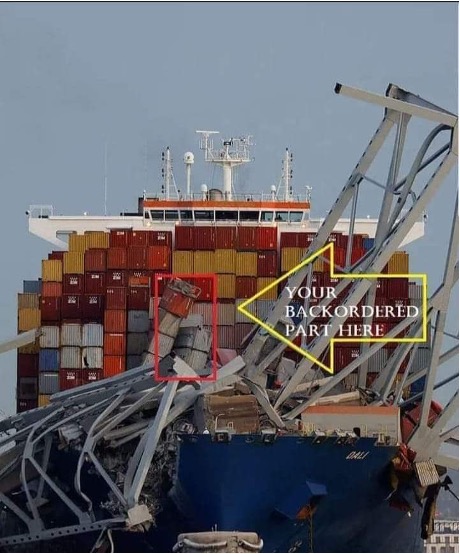For decades foreign governments and closely related entities have forged ties with U.S. business leaders, often yielding benefits for both sides. However, when tensions develop, these same government actors employ overt and covert techniques to influence business leaders to advance the malign government’s geopolitical interests.
Foreign influence operations take many forms: public misinformation campaigns, cyber threats to critical infrastructure and exploitation of U.S. private sector leadership.
Take, for example, China’s source of leverage, its large domestic market and crucial role in international supply chains.
China’s state-directed efforts to facilitate intellectual property theft have been well documented in recent years. Cyber intrusions, bribery, contractual breaches, confidentiality agreements, misrepresentation and even trade secrets disclosed to Chinese authorities by employees without authorization. Of course, China isn’t the only bad actor, just the one we’re focused on.
How do they do it? You may recall my blog “Another thing to monitor: China’s new sweeping data privacy law,” which noted China’s announcement that foreign firms must transfer technology as a condition of operating in China. These coerced technology transfers have drawn the ire of U.S. and EU representatives. Secondly, various administrative approvals, necessary to conduct business, are given in exchange for the technology transfer. These proxies also use financial rewards and punishments to cultivate and leverage exploitative relationships.
When influence fails, governments threaten or exercise economic retaliation.
How can you mitigate this risk? Perhaps understanding the scope and depth of a malign government’s active role in guiding the exploitation of business relationships.
Below are basic measures to navigate these murky waters:
- Exercise vigilance with foreign entities. Understand there is no such thing as a free lunch. While partnerships or engagements with malign governments can bring economic, academic and cultural benefits to the U.S., there may be strings attached. Beware of those who would ask you to advance a position or lobby on behalf of the government or other group. Understand that what may seem good for your company in the short term could exploit vulnerabilities in the long term.
- Know your partners and who you are doing business with. (Politically Exposed Persons) As with any venture, conduct due diligence to determine who the partners are and evaluate their motives. Where does their money come from, and which government entity may have authority over them? U.S. export laws require this step.
- Insist that all engagements are governed by the principles of transparency, honesty, reciprocity and accountability. Beware of proposals that appear to be a win-win. Set boundaries in the relationship, and do not make exceptions simply to placate.
- Create and maintain relationships with U.S. authorities and private networks. Many U.S. companies face similar challenges when it comes to international trade. The Wisconsin SBDC Network, through the Go Global Initiative, has created regional roundtable events to facilitate this communication between companies, pool experiences and develop best practices.
In confronting this challenge, U.S. companies must not cast a blanket of suspicion on all foreign companies and governments. Trust but verify.

